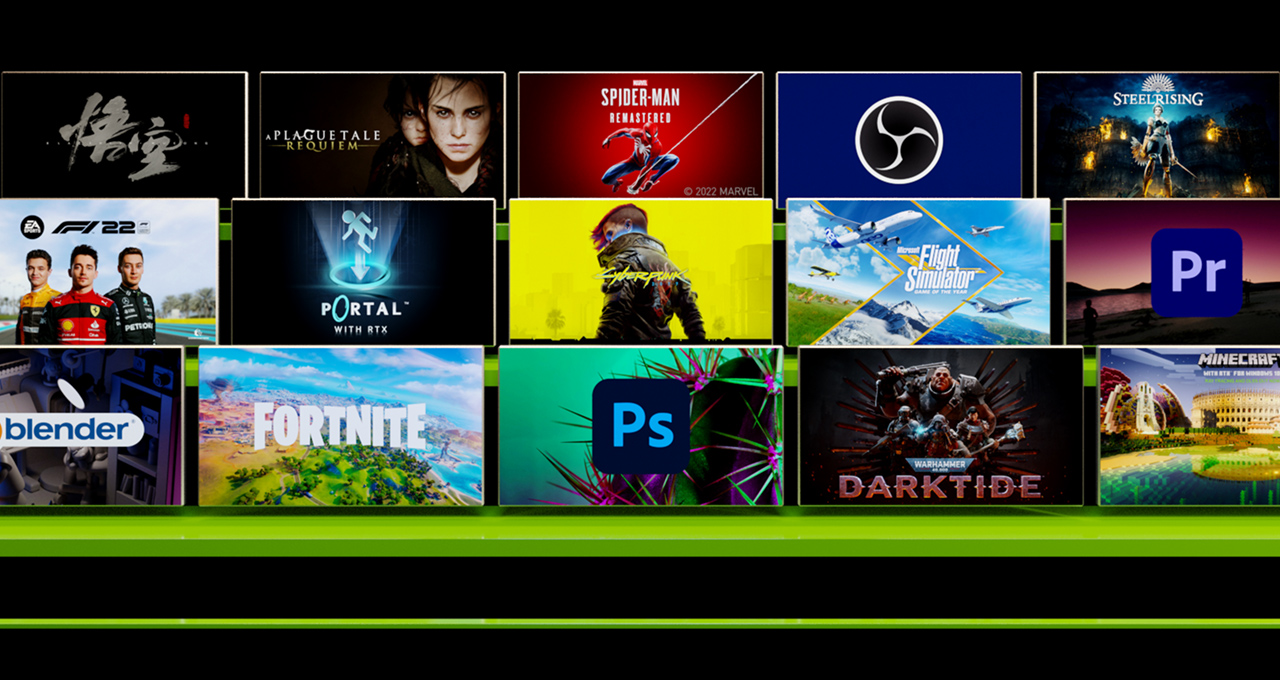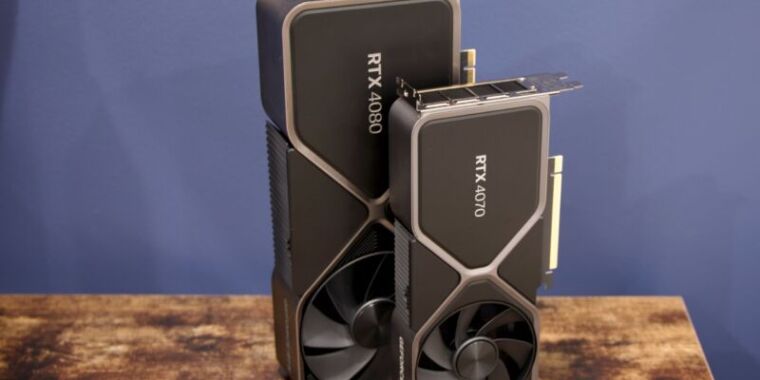Native is meaningless. I agree a particular resolution is a particular resolution, and image quality is a particular image quality.
We both know that when people say DLSS brings out detail you wouldn't see in a 4k render, it is because of super sampling.
In fact SSAA 2x and 4x is exactly that, without even needing deep learning. Just give up, you failed to understand what DLSS is.
I think you've failed to understand what Temporal upscaling is. As I posted before, DLSS, FSR2, XeSS are all using data from multiple frames to create a frame. By their very nature they will show an amalgamation of a few frames which is why they tend to show an apparent increase in detail. They technique is not specific to DLSS as many on here are trying to make it look like.









